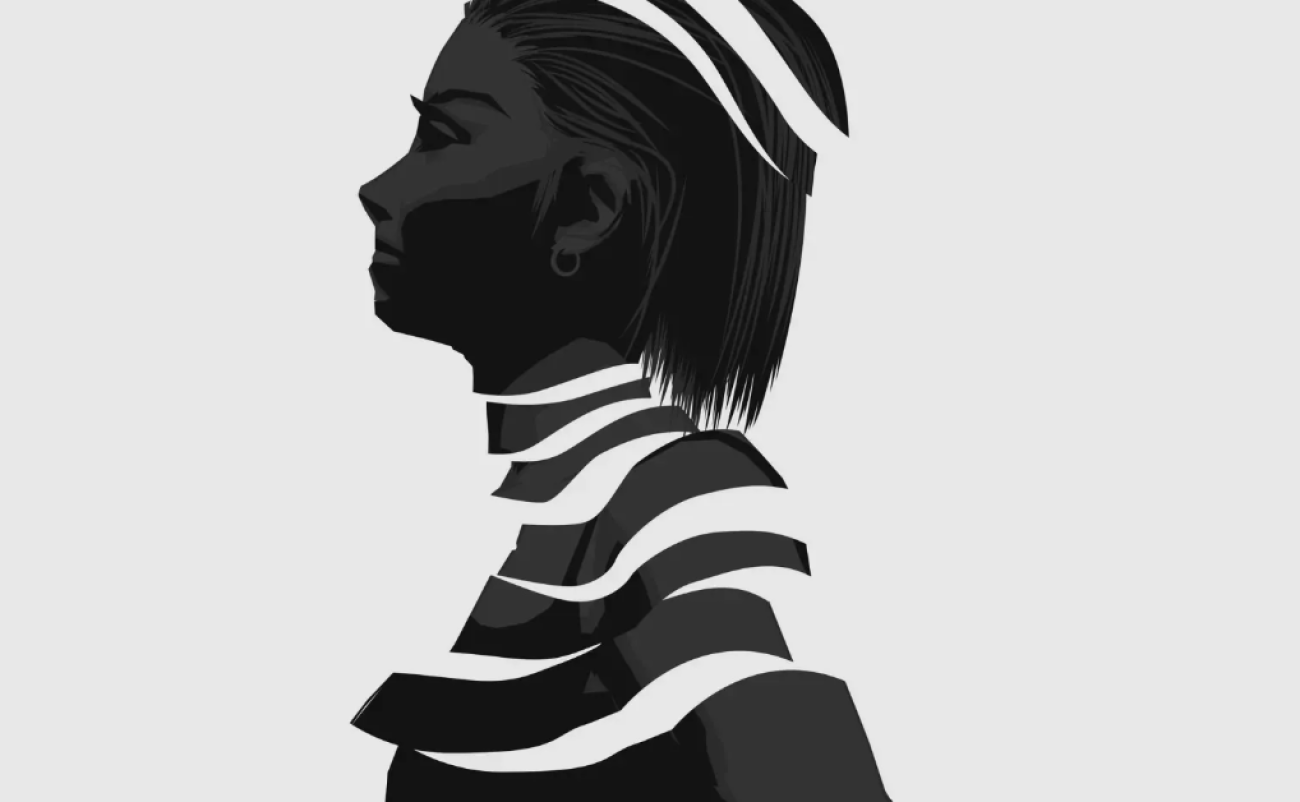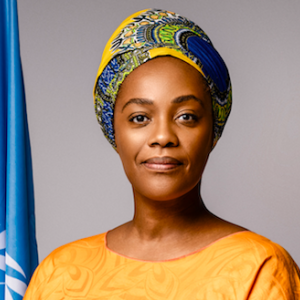s we commemorate the International Day of the African Child on 16 June, we must draw attention to a particularly vulnerable group: African girls. The persistent inequalities across gender, social, economic and cultural structures make African girls disproportionately vulnerable to HIV infection. This is not just a tragedy for individual girls, it is a threat to the overall health of Africa. To achieve the global goal of ending Aids by 2030, it is imperative to prioritise the protection of African girls.
The theme for this year’s International Day of the African Child aligns with that of the African Union: “The Year of Education”. This theme is a rallying cry to ensure that all Africans have access to quality education, regardless of who they are or where they live. It is an opportunity for all stakeholders – families, communities, governments, and leaders – to intensify their efforts to deliver an education fit for the 21st century.
Education is not only a powerful driver of development and a strong instrument for reducing poverty – education and keeping girls in school is a critical tool in ending inequalities and combating Aids as a public health threat. Yet, in sub-Saharan Africa, approximately 58% of upper-secondary-aged children are not in school, with a higher percentage of girls out of school compared to boys (The Global Education Monitoring – GEM – Report 2023). This gender disparity tends to worsen as children progress to higher levels of education.
Recent evidence shows that keeping girls in secondary school can reduce their risk of contracting HIV by up to 50% in some countries. Unfortunately, the pace of progress in reducing new HIV infections among adolescent girls and young women has been slowing down. Every three minutes in sub-Saharan Africa, an adolescent girl or young woman aged 15-24 years is infected with HIV. They are three times more likely to be infected with HIV than their male peers, accounting for over 77% of new infections in this age group.
In South Africa, the statistics are equally concerning. According to the government of South Africa and the UN Supported Education Plus Initiative, each week nearly 1,000 adolescent girls and young women in South Africa are infected with HIV.
African girls also face a high incidence of gender-based violence, including child marriage and unwanted teenage pregnancies, which contribute to school dropout rates and new HIV infections. More than one in three young women in Africa were married before the age of 18 (Unicef, 2018).
According to South Africa’s Department of Basic Education in 2022/2023, 150,000 school-aged girls between 10 and 19 years old became pregnant and one in three girls who became pregnant failed to return to school. Only 52.5% of the girls in South Africa complete their secondary education.
Education serves as a protective factor against unintended pregnancy, child marriage and gender-based violence. If all girls completed secondary education, adolescent pregnancy rates could be cut by 75% and early marriage could be virtually eliminated.
We must provide Comprehensive Sexuality Education (CSE) to all young people – boys and girls equally – whether they are in school or not. CSE equips them with the knowledge, skills and confidence to make informed decisions about their bodies and futures, free from coercion and discrimination.
With CSE, sexual initiation is postponed, condom and contraceptive use increases and unwanted teenage pregnancies decrease. Additionally, CSE supports the prevention of HIV and other sexually transmitted infections.
There is some good news. Many countries on the continent are moving towards gender parity and non-discrimination by eliminating gender bias and stereotypes from learning materials, they are establishing guidelines for managing student pregnancies and are tackling the issue of boys’ disengagement from education.
Working with five United Nations agencies, governments, and girls’ networks, an initiative called Education Plus has been rolled out as a critical response to the high HIV infection rates among adolescent girls and young women and the barriers to their education and economic empowerment in sub-Saharan Africa. South Africa is one of 15 governments that have committed to the Education Plus initiative.
As we honour the International Day of the African child, we are calling on the new South African government to continue to prioritise the African girl and commit to addressing the systemic inequalities that jeopardise the health and wellbeing of African girls.
By prioritising education and keeping girls in school, we can significantly reduce the risk of HIV and move closer to achieving the goal of ending Aids by 2030.
Protecting and educating our girls is not just an investment in their future; it is an investment in the future of Africa.
Written by: Anne Githuku-Shongwe is UNAIDS regional director, East and Southern Africa and Eva Kiwango is UNAIDS country director, South Africa.
First published by The Daily Maverick










